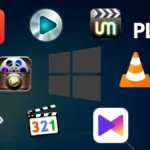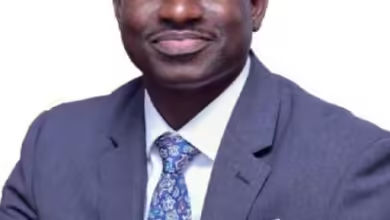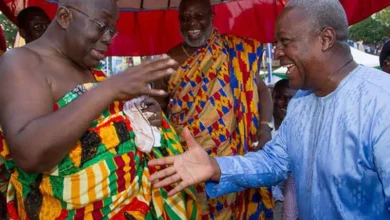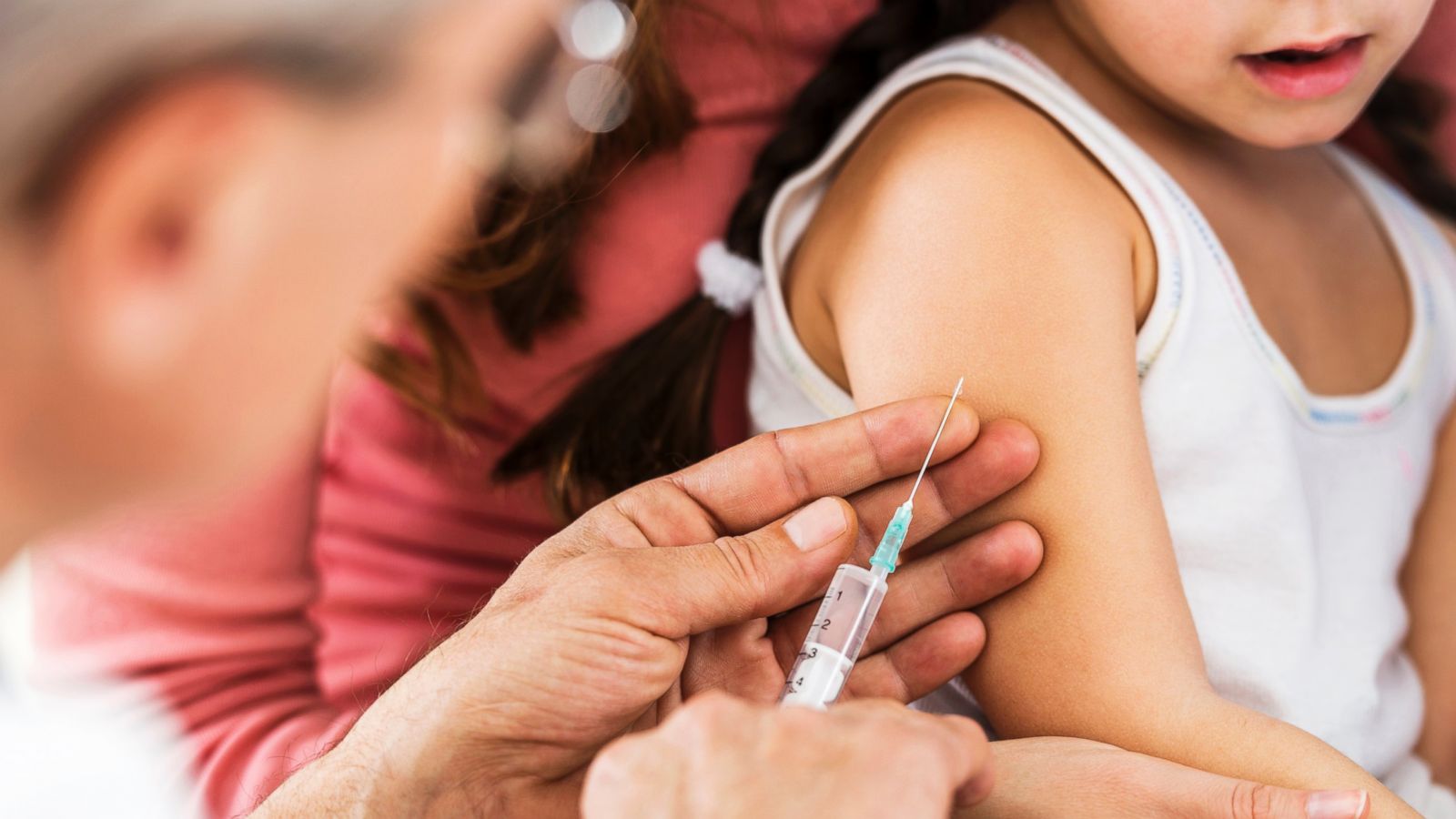
GHS releases a smartphone app to refute false information regarding vaccinations.
The “Cranky Uncle Vaccine Game” mobile app was released by the Ghana Health Service (GHS) to teach people how to spot false information.
They will also be able to comprehend the significance, safety, and effectiveness of vaccinations while being exposed to the deceptive tactics used in science denial.
The initiative, dubbed “Leveraging technology to combat vaccine misinformation,” aims to counteract the spread of false information about vaccines and their harmful effects on public health.
The UN Children’s Fund (UNICEF) and the GHS worked together to organize the program.
Smartphone application
UNICEF collaborated with Irimi, the Sabin Vaccine Institute, and Dr. John Cook, a senior research fellow at the University of Melbourne, to develop the app.

The game is a strategy to strengthen public resistance to false information and is based on the scientific concept of immunization theory.
It exposes players to various disinformation strategies employed in vaccine deception worldwide by fusing fact, comedy, cartoons, and critical thinking.
The two main protagonists in the game are an irritable uncle and a medical professional.
A cranky uncle will use tactics like “fake scientist” and “conspiracy theory” to mislead people against vaccinations.
The health professional is the “trusted messenger,” spotting these ploys and refuting them with facts that are both scientifically supported and backed up by evidence.
The grumpy uncle figure serves as a coach to the players during the game, teaching them various deceptive tactics (or “tricks”). The game may be found on the iOS and Play stores. In an address delivered on his behalf, Dr. Patrick Kuma-Aboagye, the Director-General of the GHS, stated
“We have seen an alarming dissemination of false information about vaccines in recent years, endangering not only people’s health but also the foundation of our society.”
He claimed that the public may be engaged and educated about the value of vaccinations and the perils of false information thanks to the advancements in digital technologies. Before immunization days and campaigns, the D-G promoted the app’s widespread use.
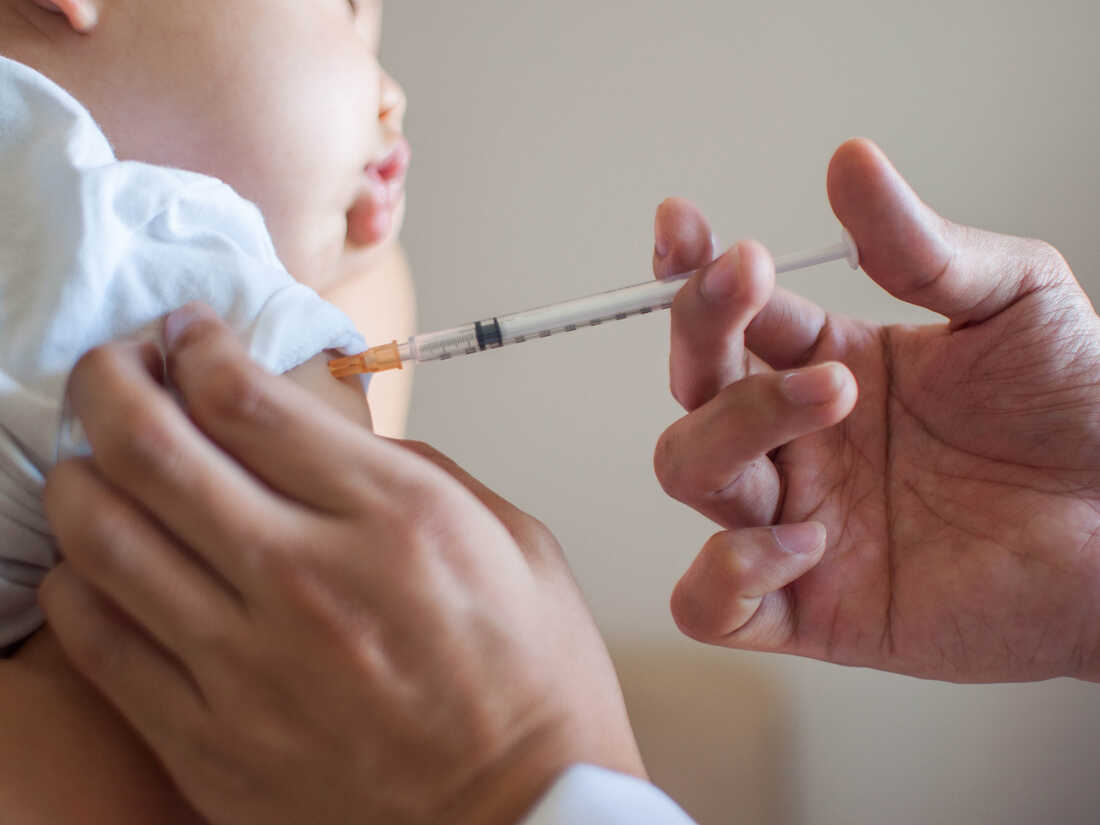
Mabel Kissiwah Asafo, the acting director of the GHS’s Health Promotion Division, also urged everyone to work with her team to dispel myths and encourage vaccination uptake.
The app, according to Sonya Sagan, Head of UNICEF Ghana’s Social and Behaviour Change Unit (SBC), is only one of several cutting-edge technologies UNICEF uses around the world to fight misinformation and disinformation and encourage immunization uptake.
She continued by saying that the unit had also assisted the GHS in creating a national task force to combat misinformation, created a plan for the nationwide distribution of the COVID-19 vaccine, and employed Talkwalker, an artificial intelligence-powered social listening tool that tracks user comments online.
She stated that they had looked into different ways that people may interact with the grumpy uncle, such as a voice-activated software called Agoo that is accessible in six regional languages, a chatbot on WhatsApp called U-Report, the Internet of Good Things, a flipbook printed on paper, and flashcards.


